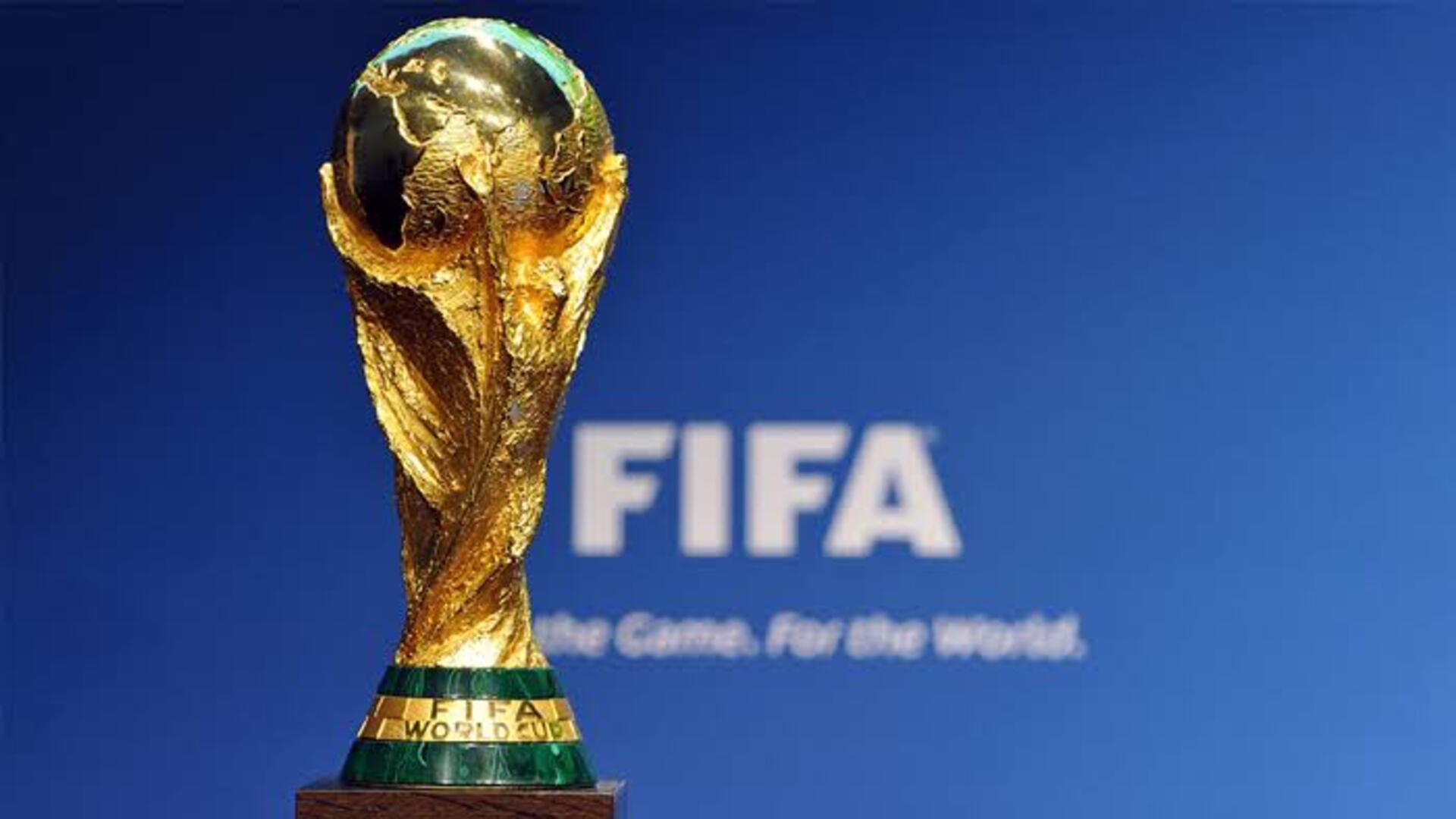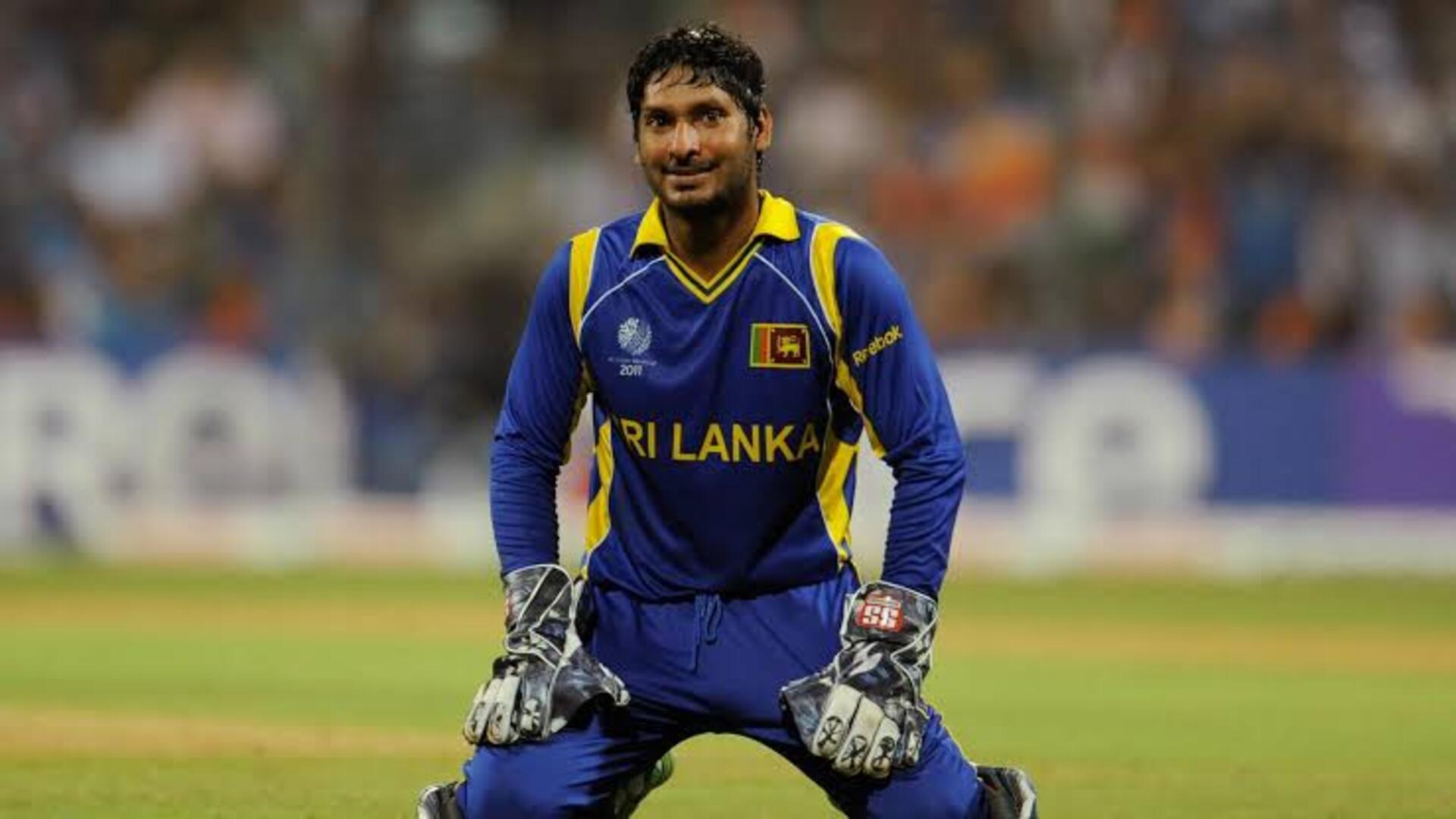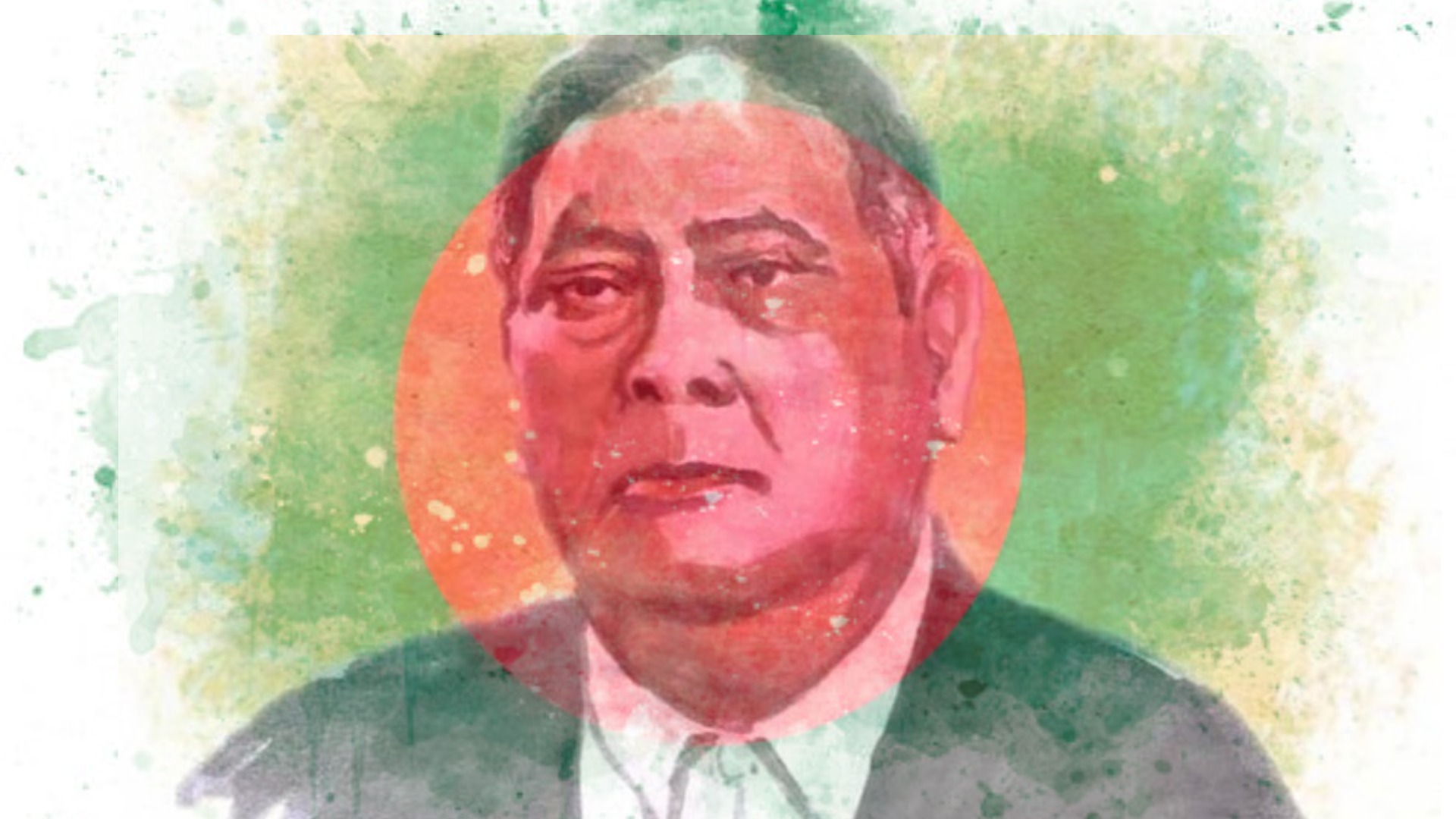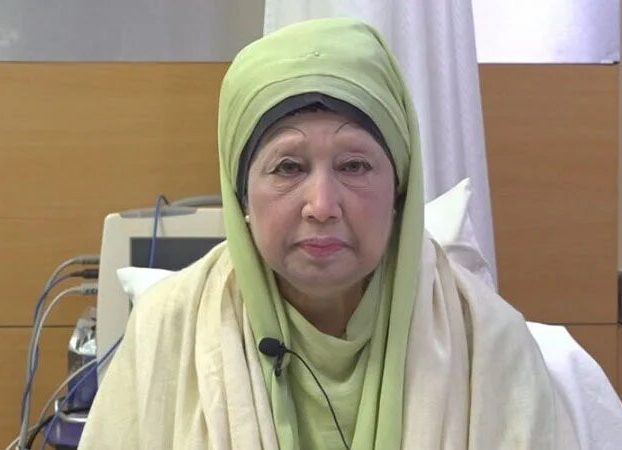
Lionel Messi, often hailed as one of the greatest footballers of all time, has left an indelible mark on the world of sports. His career is a testament to talent, dedication, and an unwavering commitment to excellence. Over the years, Messi has accumulated numerous records, accolades, and personal milestones that have cemented his legacy. This article delves into the life and career of Lionel Messi, exploring his journey from a young boy in Argentina to a global football icon.
Lionel Andrés Messi was born on June 24, 1987, in Rosario, Argentina. The third of four children, Messi was born into a modest family with a deep passion for football. His father, Jorge Messi, worked as a steel factory manager, while his mother, Celia Cuccittini, was employed at a magnet manufacturing workshop. Messi’s early exposure to football came naturally, as he played the sport with his two older brothers, Rodrigo and Matías, and his cousin, Maximiliano.
From a young age, Messi displayed an extraordinary talent for football. By the age of five, he was playing for Grandoli, a local club coached by his father. However, his path to stardom was not without challenges. At the age of 10, Messi was diagnosed with a growth hormone deficiency, a condition that required expensive treatment. His family’s financial constraints made it difficult to afford the necessary injections, but Messi’s passion for football drove them to seek help.
In 2000, at the age of 13, Messi’s life took a significant turn when he moved to Spain to join FC Barcelona’s famed La Masia academy. The club’s technical director, Carles Rexach, was so impressed by Messi’s skills that he offered him a contract on a napkin—an anecdote that has since become legendary.
Moving to Barcelona was a pivotal moment in Messi’s life. He left behind his family, friends, and homeland in pursuit of a dream. The transition was not easy; he faced homesickness and the challenge of adapting to a new culture. However, the move also provided Messi with the medical treatment he needed, which the club agreed to cover.
At La Masia, Messi honed his skills and quickly rose through the ranks. His natural ability, combined with rigorous training, set him apart from his peers. By 2003, at just 16 years old, Messi made his first-team debut in a friendly match against FC Porto. The following year, he made his official debut for Barcelona in La Liga, becoming the youngest player to represent the club in an official competition.
Messi’s rise to stardom was meteoric. In the 2004-2005 season, he scored his first senior goal for Barcelona, becoming the club’s youngest-ever goal scorer at the time. His performance attracted widespread attention, and it wasn’t long before Messi became a regular starter for the team.
Over the next few years, Messi established himself as a key player for Barcelona. His dribbling ability, vision, and goal-scoring prowess made him a nightmare for defenders. One of his most memorable early performances came in 2007 when he scored a hat-trick in a 3-3 draw against Real Madrid, showcasing his potential on one of the biggest stages in football.
The 2008-2009 season marked a turning point in Messi’s career. Under the guidance of coach Pep Guardiola, Barcelona implemented a playing style that perfectly suited Messi’s strengths. That season, Messi led Barcelona to an unprecedented treble, winning La Liga, the Copa del Rey, and the UEFA Champions League. He scored 38 goals in all competitions, including a header in the Champions League final against Manchester United, securing Barcelona’s third European title.
Lionel Messi’s career has been defined by a seemingly endless list of records and achievements. His individual accolades are numerous, with Messi winning the Ballon d’Or—a prestigious award given to the world’s best footballer—a record seven times (as of 2023). He first won the award in 2009 and then went on to win it consecutively from 2010 to 2012, and later in 2015, 2019, and 2021.
Messi’s goal-scoring feats are legendary. He holds the record for the most goals scored in a calendar year, having netted 91 goals in 2012, surpassing the previous record held by Gerd Müller. He is also the all-time top scorer for both Barcelona and La Liga, with over 672 goals for the club and more than 474 goals in the Spanish league. His consistency is remarkable, having scored over 50 goals in multiple seasons.
In addition to his goal-scoring records, Messi has also set numerous records for assists, hat-tricks, and appearances. He holds the record for the most hat-tricks in La Liga, with 36, and is the player with the most assists in the history of the competition. Messi’s influence on the pitch extends beyond just scoring goals; his ability to create opportunities for his teammates has been a crucial element of his success.
At Barcelona, Messi won a total of 34 trophies, including 10 La Liga titles, 7 Copa del Rey titles, and 4 UEFA Champions League titles. His contributions were instrumental in Barcelona’s dominance in Spanish and European football during the 2000s and 2010s.
Despite his numerous successes, Messi’s career has not been without challenges. One of the most significant obstacles he faced was the pressure of international success with Argentina. While he enjoyed unparalleled success at the club level, his early years with the national team were marked by disappointment.
Messi made his senior debut for Argentina in 2005, but it wasn’t until 2007 that he truly emerged as a leader for the national team. However, Argentina fell short in several major tournaments, including the 2007 Copa América, where they were defeated by Brazil in the final. The pressure on Messi to deliver a major international trophy grew with each passing tournament.
The 2014 FIFA World Cup in Brazil was a turning point in Messi’s international career. He led Argentina to the final, scoring crucial goals and providing assists along the way. However, Argentina was defeated by Germany in the final, with Mario Götze scoring the winning goal in extra time. Messi’s heartbreak was evident as he received the Golden Ball award as the tournament’s best player—a bittersweet recognition for a player who had come so close to achieving his dream.
In the years that followed, Messi continued to face challenges with the national team. Argentina lost consecutive Copa América finals in 2015 and 2016, both times to Chile on penalties. After the 2016 defeat, a dejected Messi announced his retirement from international football, only to reverse his decision a few weeks later following widespread public outcry and pleas from fans and teammates.
The years of near misses and heartbreak on the international stage made Messi’s eventual triumph all the more meaningful. In 2021, Messi finally achieved his long-awaited international success by leading Argentina to victory in the Copa América. The final, held at the Maracanã Stadium in Rio de Janeiro, saw Argentina defeat Brazil 1-0, with Ángel Di María scoring the winning goal. Messi’s contributions throughout the tournament were pivotal, as he scored four goals and provided five assists, earning him the tournament’s Best Player award.
The victory was a moment of redemption for Messi, who had endured years of criticism and pressure to deliver a major trophy for his country. The win also silenced those who doubted his ability to replicate his club success on the international stage. For Messi, lifting the Copa América trophy was a deeply emotional and fulfilling moment, one that brought immense joy to a football-loving nation.
In 2022, Messi added another feather to his cap by leading Argentina to victory in the FIFA World Cup held in Qatar. This time, Argentina won the final in dramatic fashion, defeating France on penalties after a 3-3 draw in one of the most thrilling World Cup finals in history. Messi scored twice in the final and was named the tournament’s Best Player, solidifying his status as one of the greatest players in the history of the sport.
In August 2021, after spending his entire professional career at FC Barcelona, Messi made a shocking move to Paris Saint-Germain (PSG). Barcelona’s financial troubles prevented them from renewing Messi’s contract, forcing the club to part ways with their greatest-ever player. The move to PSG marked the end of an era and the beginning of a new chapter in Messi’s career.
At PSG, Messi joined a star-studded lineup that included Neymar and Kylian Mbappé. His arrival in Paris was met with great excitement and anticipation, as fans around the world eagerly awaited to see how Messi would adapt to a new league and team. Although his first season at PSG was challenging, as he adjusted to new surroundings, Messi continued to demonstrate his class and quality on the pitch.
Despite the challenges of adapting to a new environment, Messi’s move to PSG allowed him to continue competing at the highest level and pursuing more trophies. His presence in Ligue 1 also added to the league’s global appeal and increased its visibility on the world stage.
The “Hospital Infantil Leo Messi” is a state-of-the-art facility dedicated to providing specialized care to children. This initiative is a testament to Messi’s commitment to giving back to his community and supporting the health and well-being of future generations. His foundation has also funded several other healthcare projects, including supporting research and treatment for various diseases and disabilities.
In addition to healthcare, the Leo Messi Foundation has invested in educational programs, recognizing the importance of education in empowering young people. The foundation has partnered with UNICEF, where Messi has served as a global ambassador since 2010, to support education initiatives in some of the world’s most impoverished regions. Through these efforts, Messi has helped to provide resources, build schools, and create opportunities for children who might otherwise lack access to education.
Messi’s philanthropy extends to emergency relief efforts as well. He has donated substantial sums to aid disaster recovery and humanitarian causes, such as providing financial assistance to victims of natural disasters in Argentina and elsewhere. His willingness to use his platform and resources to support those in need has earned him widespread admiration beyond the football community.
Moreover, Messi’s involvement in social issues has been significant. He has used his voice to advocate for the rights and welfare of children, highlighting the importance of nurturing talent, providing opportunities, and ensuring that every child has the chance to achieve their dreams. His dedication to these causes reflects his deep sense of responsibility as a global role model and a testament to his character.
Lionel Messi’s influence on football goes beyond records and trophies; he has changed the way the game is played and how it is perceived. His playing style is characterized by a unique blend of skill, intelligence, and creativity, which has inspired countless players and coaches around the world.
Messi’s dribbling ability is arguably his most famous attribute. His low centre of gravity, combined with quick feet and extraordinary balance, allows him to navigate through tight spaces and take on multiple defenders with ease. Unlike many other dribblers, Messi’s movements are both precise and purposeful, often leading directly to goal-scoring opportunities. His ability to change direction at high speed while maintaining control of the ball has been a defining feature of his game.
Another aspect of Messi’s brilliance is his vision and passing ability. He has an uncanny ability to read the game and anticipate the movements of his teammates and opponents. This vision allows him to deliver pinpoint passes, often splitting defences with perfectly weighted through balls. His combination of dribbling and playmaking has made him one of the most complete attacking players in the history of football.
Messi’s goal-scoring prowess is equally impressive. He is known for his clinical finishing, whether it’s with his left foot, right foot, or even his head. He has scored goals from almost every conceivable position on the pitch—inside the box, from long range, free kicks, and penalties. His consistency in front of goal has been unmatched, with Messi regularly finishing as the top scorer in both domestic and international competitions.
Perhaps most remarkably, Messi’s humility and team-first mentality have endeared him to fans and teammates alike. Despite being one of the most decorated players in history, Messi has always prioritized collective success over individual accolades. His willingness to track back, press opponents, and work for the team has set him apart as a true leader on the pitch.
Messi’s influence on the game extends to the tactical side as well. His versatility has allowed managers to deploy him in various roles—whether as a winger, false nine, or attacking midfielder. This adaptability has challenged traditional footballing roles and inspired coaches to innovate tactically. The “Messi role,” a free-roaming position that allows a player to exploit spaces across the front line, has become a template for modern attacking play.
Beyond his tactical impact, Messi’s presence in the football world has inspired a generation of young players. Many of today’s stars, including Kylian Mbappé, Paulo Dybala, and João Félix, have cited Messi as a role model and influence on their careers. His success story—rising from humble beginnings, overcoming physical challenges, and achieving greatness—resonates with aspiring footballers worldwide.
Lionel Messi’s impact transcends the football field; he has become a global cultural icon. His success has brought pride and joy to millions, particularly in Argentina, where he is revered as a national hero. Despite his long tenure in Spain, Messi has remained deeply connected to his roots, often expressing his love for Argentina and its people.
Messi’s image is omnipresent in the football world—his face appears on billboards, in commercials, and on merchandise across the globe. He has endorsed some of the world’s biggest brands, including Adidas, Pepsi, and Gatorade, making him one of the most marketable athletes in history. Yet, despite his commercial success, Messi has maintained a low-key and humble persona, often shying away from the limelight and focusing on his family and football.
In Argentina, Messi’s legacy is intertwined with the country’s rich footballing history. Comparisons between Messi and Diego Maradona, another Argentine football legend, have been a constant theme throughout his career. While Maradona is remembered for leading Argentina to World Cup glory in 1986, Messi’s journey has been one of perseverance and resilience, culminating in his triumph at the 2021 Copa América and the 2022 World Cup. For many, Messi’s achievements have cemented his place as Argentina’s greatest-ever player.
Messi’s cultural impact is also evident in the way he has inspired a global fanbase. His humility, dedication, and sportsmanship have made him a beloved figure not only among Barcelona and Argentina supporters but also among football fans worldwide. Messi’s story is one of hope and inspiration, showing that with talent, hard work, and determination, it is possible to achieve greatness, no matter where one starts.
In addition to his influence on football culture, Messi has also had a broader impact on society. His dedication to philanthropy, his role as a UNICEF ambassador, and his efforts to promote education and healthcare have made him a role model beyond the sporting world. Messi’s example shows that athletes can use their platform for positive change, making a difference in the lives of others.
No career, no matter how illustrious, is without its challenges and controversies, and Lionel Messi’s journey has had its share. One of the most significant controversies surrounding Messi was the tax evasion case in Spain. In 2016, Messi and his father, Jorge, were found guilty of using offshore companies to avoid paying taxes on earnings from image rights. The court handed Messi a 21-month suspended prison sentence and a substantial fine. The case was a rare moment of negative publicity in Messi’s career, although many fans and observers believed the situation was more a matter of poor financial management than intentional wrongdoing.
The tax case also highlighted the immense pressures that come with being a global superstar. As one of the world’s highest-paid athletes, Messi’s financial affairs were complex, and the case served as a reminder of the importance of transparency and accountability in managing wealth. Despite the controversy, Messi continued to perform at the highest level on the pitch, demonstrating resilience in the face of adversity.
Another challenge Messi faced was the criticism he received for his perceived lack of leadership in the Argentina national team, particularly after a series of disappointing results in major tournaments. For many years, the narrative was that Messi, unlike Maradona, could not replicate his club success with the national team. This criticism reached its peak after Argentina’s loss to Germany in the 2014 World Cup final and the subsequent Copa América defeats. Critics argued that Messi lacked the fiery personality and charisma typically associated with Argentine football leaders.
However, Messi’s response to these challenges only strengthened his legacy. His decision to come out of international retirement and lead Argentina to Copa América glory in 2021 and the World Cup in 2022 silenced his detractors. It proved that leadership comes in many forms, and Messi’s quiet determination, consistency, and humility were just as valuable as any outspoken or aggressive style.
While Lionel Messi is known worldwide as a football icon, his personal life paints a picture of a grounded, family-oriented individual. Messi has been married to his childhood sweetheart, Antonela Roccuzzo, since 2017. The couple has three sons: Thiago, Mateo, and Ciro. Messi often speaks about the importance of family in his life, and his social media accounts frequently feature posts about his wife and children. Despite the demands of his career, Messi has always prioritized spending time with his family, whether it’s during off-seasons or on special occasions.
Messi’s bond with his family is deeply rooted in his upbringing in Rosario, where family values played a central role in his life. His parents and siblings remain a close-knit part of his life, and he often returns to Rosario to visit them, reconnecting with his roots. Messi’s loyalty to his family is mirrored in his loyalty to the clubs he has represented, particularly Barcelona, where he spent over two decades.
In terms of personal interests, Messi enjoys a relatively private and simple lifestyle. He is known to be an avid fan of music, particularly of Latin American genres, and enjoys playing video games in his downtime. Messi has also expressed a love for food, with his favourite dish being Milanesa Napolitana, an Argentine speciality similar to breaded meat. He often shares moments of his life off the pitch, whether it’s playing with his children or enjoying a meal with his family, showcasing a down-to-earth personality that contrasts with his status as a global superstar.
One of the defining features of Messi’s career has been his rivalry with Cristiano Ronaldo. The two players, both considered among the greatest of all time, have dominated world football for over a decade. Their rivalry,

 Md. Anas Ebna Arfin (Nibir)
Md. Anas Ebna Arfin (Nibir) 
























